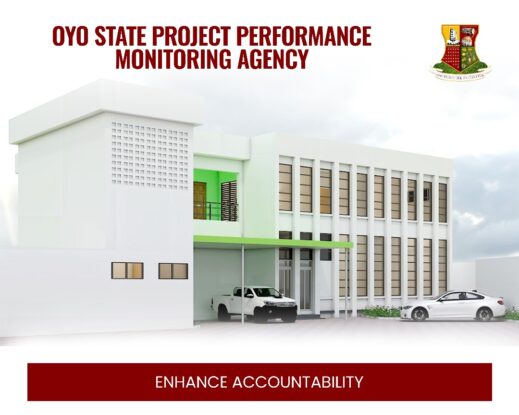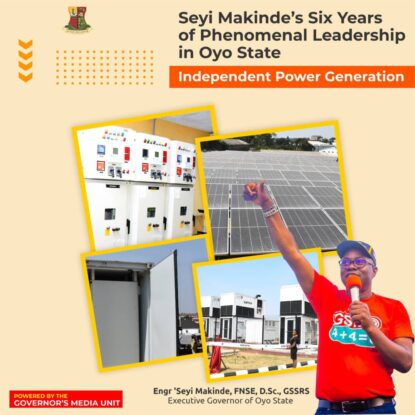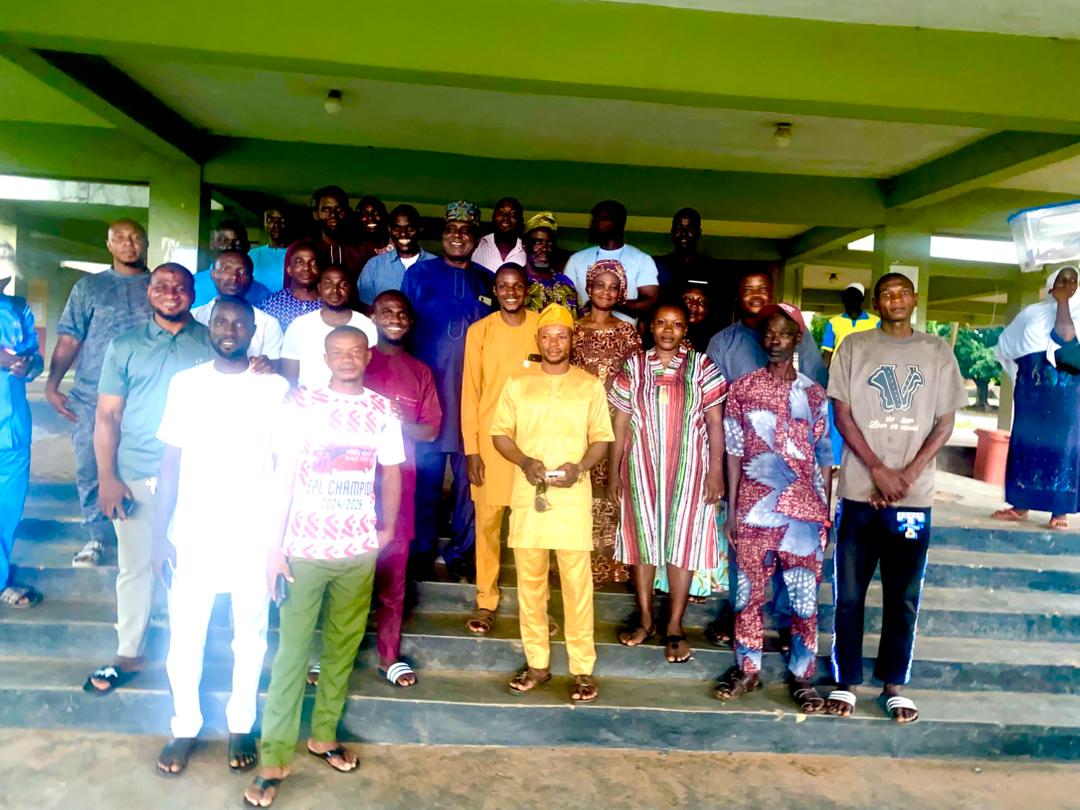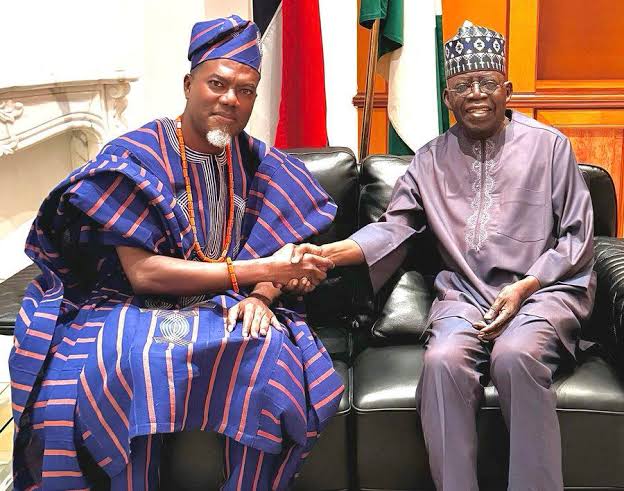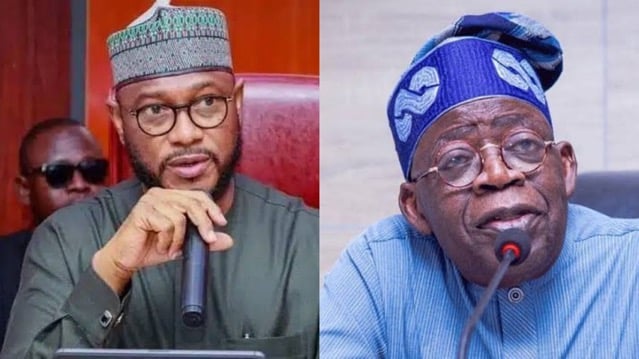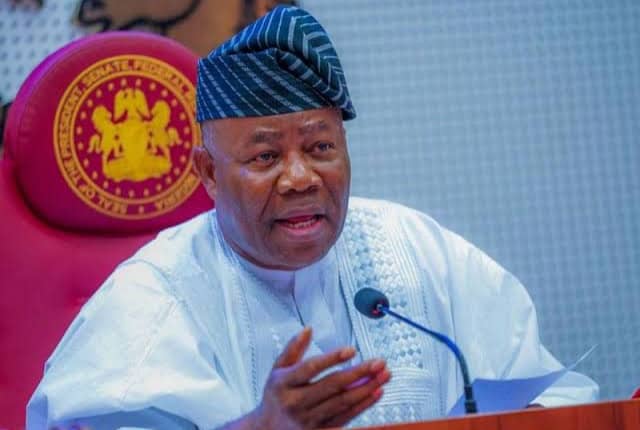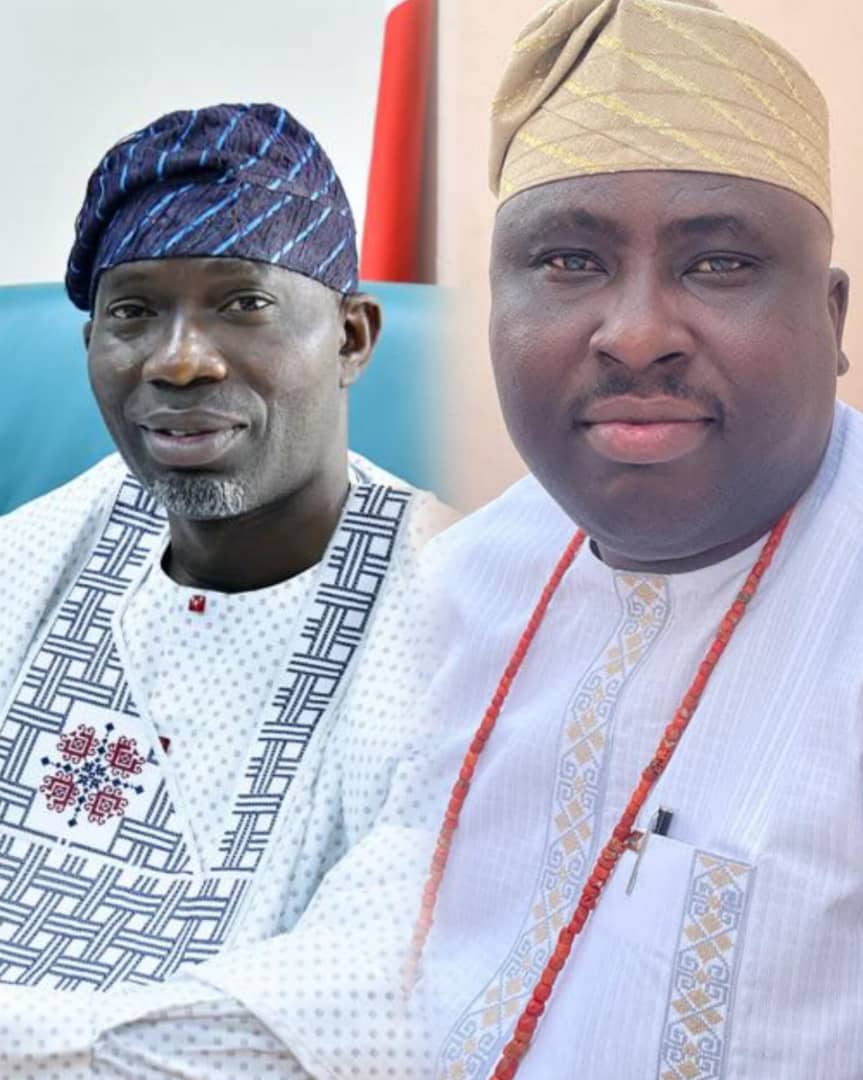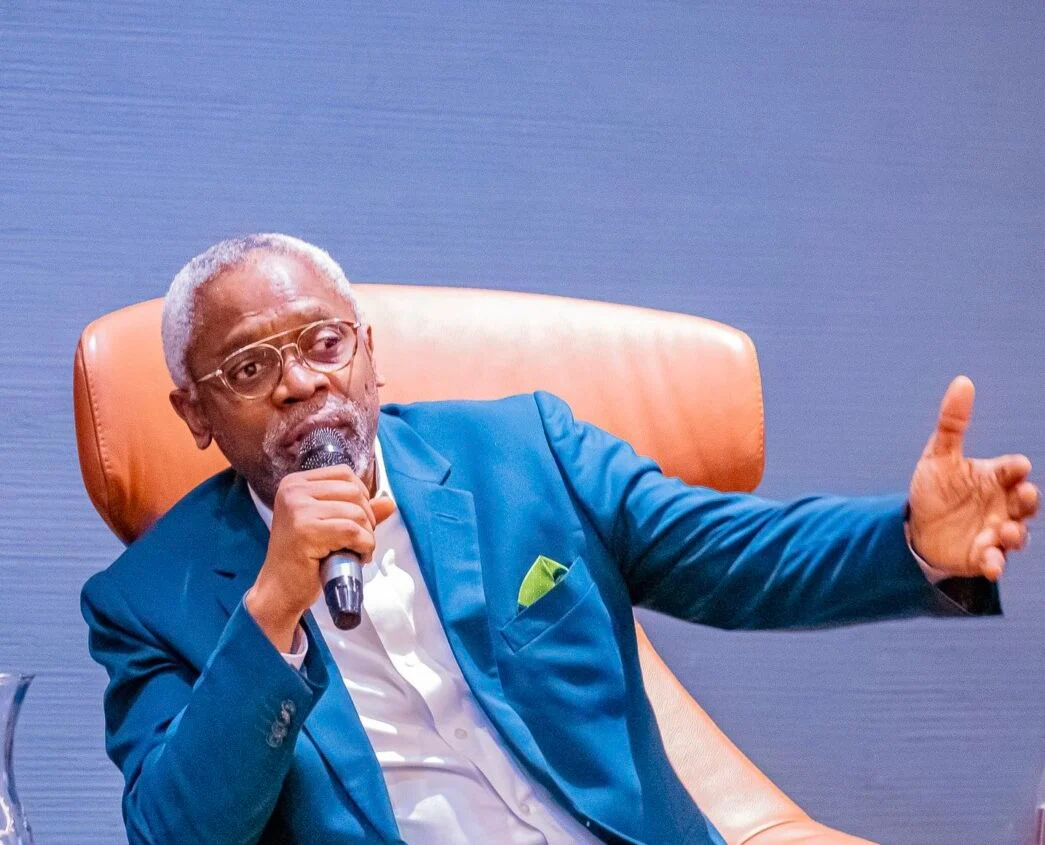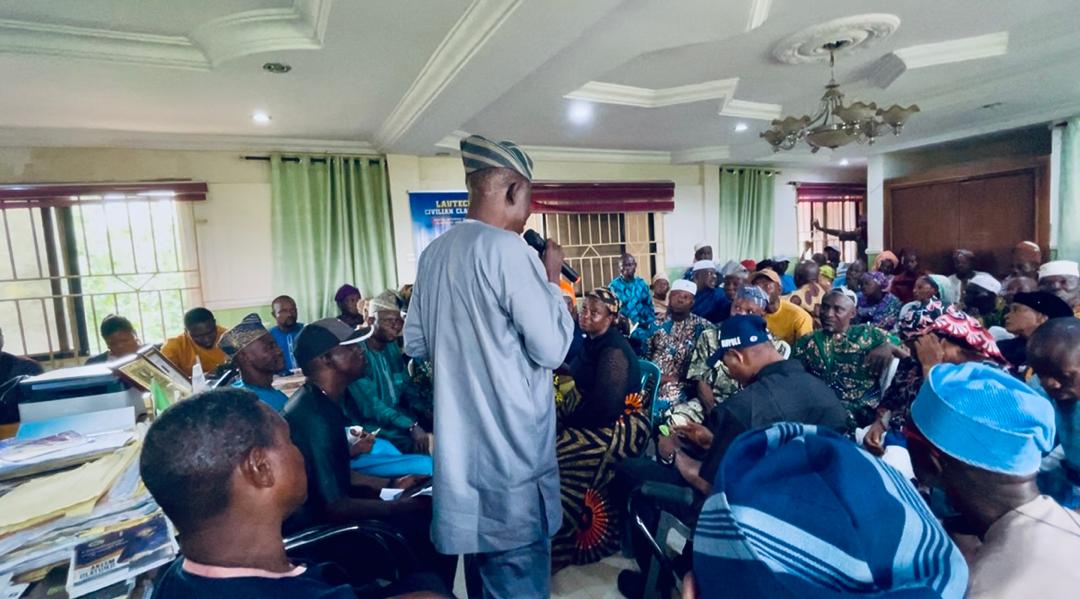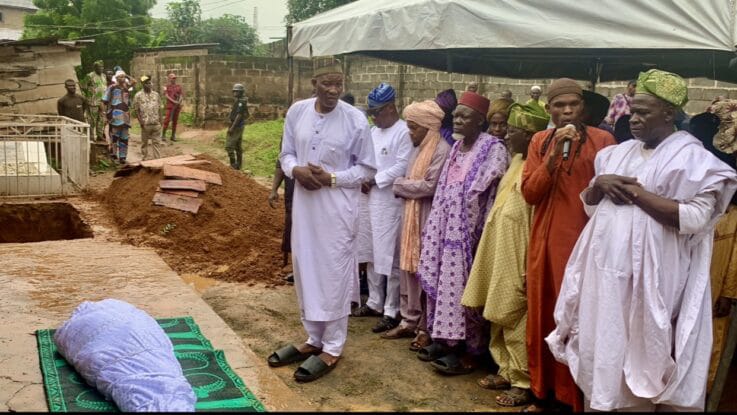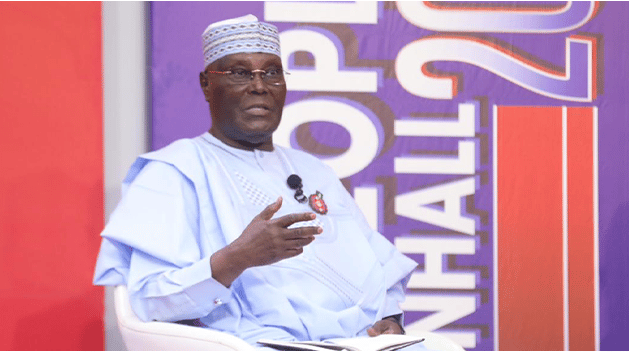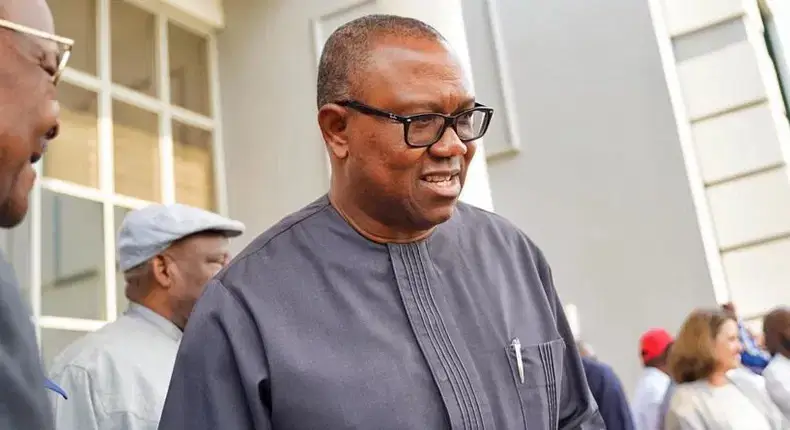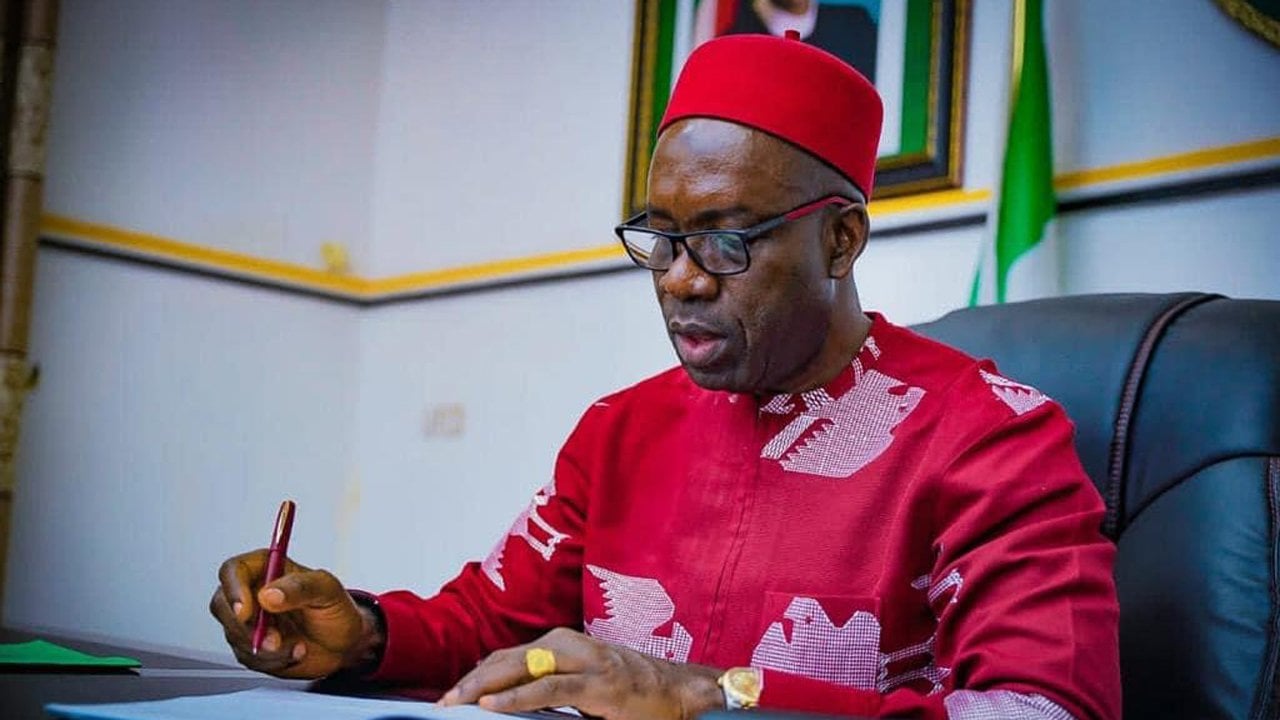Gbaja: Nigerians Want Roads, Schools But Criticise Budget Paddings By Lawmakers
Gbaja: Nigerians Want Roads, Schools But Criticise Budget Paddings By Lawmakers
Femi Gbajabiamila, chief of staff to President Bola Tinubu, says lawmakers face growing public criticism for using budget insertions to meet demands outside their constitutional mandate.
He spoke on Tuesday at the opening ceremony of the 2025 open week of the house of representatives in Abuja.
Gbajabiamila, a former speaker of the house of representatives, said the public expects legislators to provide social services such as roads, classrooms, water, and electricity, even though those responsibilities legally belong to the executive and local government.
“It is a source of frustration that, nearly three decades later, the vast majority of our nation’s people still do not fully comprehend the legislative functions, powers, responsibilities, and limitations of each member of parliament and the institution,” he said.
Gbajabiamila described the dissonance between public expectations and constitutional roles as one of the most serious threats to Nigeria’s legislature.
In May, BudgIT, a civic tech non-profit organisation, said it uncovered 11,122 projects valued at N6.93 trillion inserted by the national assembly into the 2025 budget.
Budgit said the practice, which began as an isolated irregularity has, over the years, evolved into a “deeply entrenched culture of exploitation and abuse” by top-ranking members of the national assembly.
But Gbajabiamila offered a different explanation, arguing that lawmakers often turn to budget insertions as the only available tool to meet their constituents’ expectations for development projects.
“A member of the house of representatives who isn’t actively engaged in providing education and healthcare facilities, who isn’t doing road construction and waste management, while delivering sustained empowerment for commercial activities, is not going to be a legislator for very long,” he said.
“The constitution of the Federal Republic of Nigeria did not envisage such a role for the legislator and did not make provisions for it to perform in this capacity. Yet, political reality requires the legislator to meet these constituency demands by whatever means.”
He said the breakdown of local government administration in Nigeria has left a vacuum that lawmakers are now expected to fill, blurring the lines between legislative and executive functions.
Gbajabiamila warned that the situation creates a cycle of dysfunction and resentment, where lawmakers are criticised for using appropriations to deliver social services they were never designed to provide.
”When that assumption of good faith is tied to your ability to perform functions that are frankly beyond your scope, it becomes a recipe for dysfunction and resentment,” he said.
“Dysfunction because the provision of social services is an executive function and must be done systematically through a coordinated policy process to ensure sustainability.
“For example, when the executive builds roads, there is a framework for maintenance through the public works department. No legislator can provide that, nor should they be expected to.”
Gbajabiamila said the Tinubu administration is working to restore the autonomy and functionality of the local government system through adequate funding, transparency, and accountability.
He noted that in advanced democracies, local governments handle most quality-of-life issues that Nigerians currently demand from their federal representatives.
“Everything from waste management to the regulation of local commerce, basic education, healthcare, and even community policing and security are local government functions,” he said.
Gbajabiamila noted that once local governments have the resources and independence to function as intended by the constitution, lawmakers will return to their core duties of making laws, developing policy, and holding the executive accountable.

